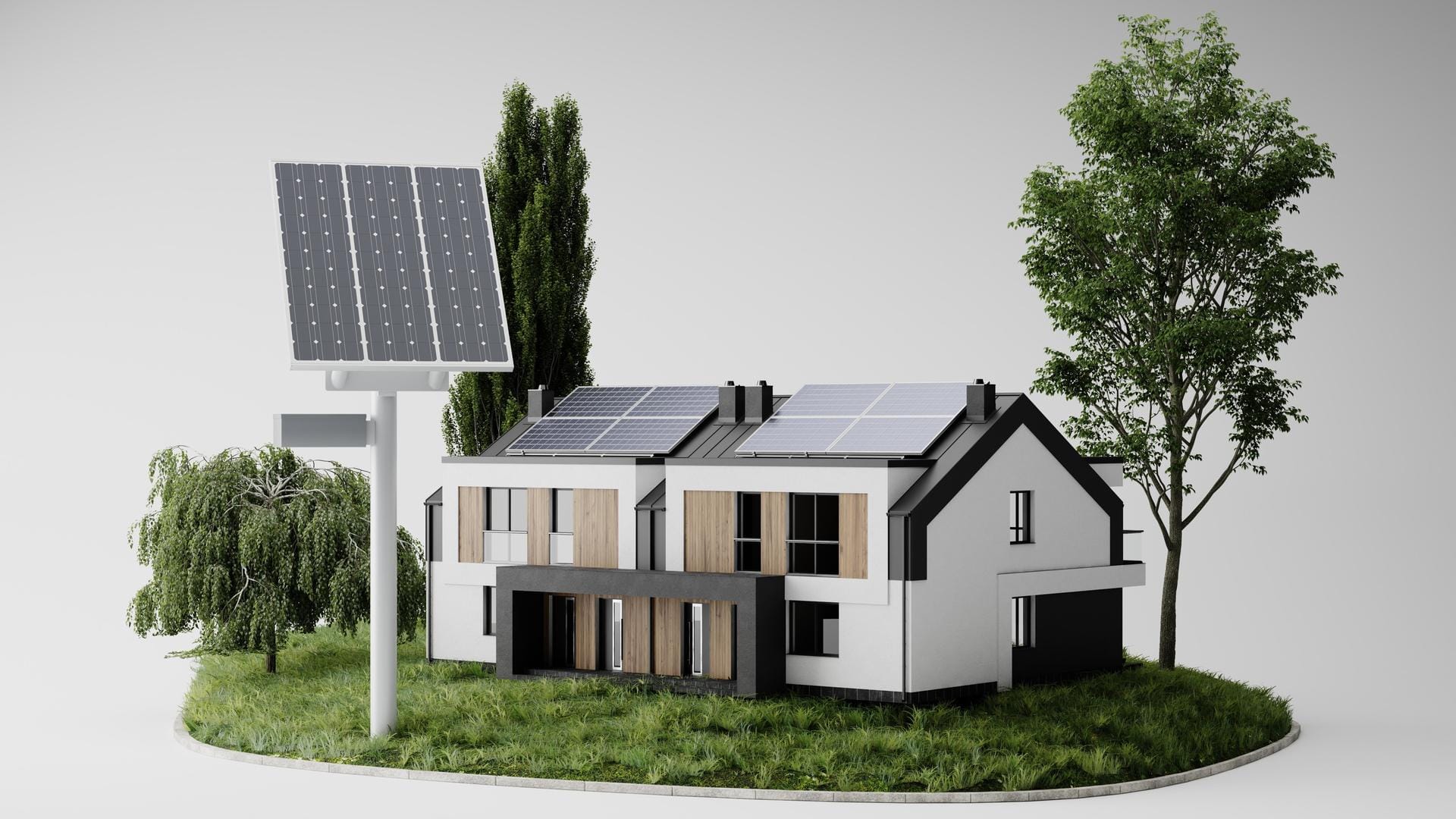
Strategies to achieve 'net-zero energy' home
What's the story
A net-zero energy home maintains a balance between the energy it requires and the renewable energy it generates. Meaning, it produces as much energy as it consumes. Achieving a net zero energy home requires a carefully devised plan to optimize energy efficiency and generation while remaining cost-effective. You must implement energy-efficient measures and integrate renewable energy sources. Let's take a look.
Solar power
Generate your own energy through solar panels
Having solar panels on your roof is currently the most affordable way to generate your own energy. These panels use sunlight to create electricity, and it costs much less than buying electricity from the power grid. In fact, you can save about 60-70% on your electricity bill by using solar energy. It is both cheaper and good for the environment.
Insulation
Replace your windows and doors
Replace old, drafty windows and doors with high-performance ones, such as triple-pane windows or Low-E storm windows. They reduce the amount of heat that escapes from your house, which means you won't need to use as much energy to keep it warm during winter. They allow more natural light to enter your home during the day, thereby reducing the need for lighting.
Ratings
Buy energy star appliances
If your appliances such as an air conditioner, washing machine, refrigerator, etc., are seven to ten years old, it is time you think about getting a new one. When you are shopping for appliances, make sure to look for ratings of four stars or above. These higher ratings imply that the appliances are better for the environment and can also save you money.
Heating
Buy a solar water heater
Heating appliances can make your energy bill go up more than cooling appliances. But there are ways to balance this out naturally. One way is to get a solar roof water heater, which uses the sun's energy to heat water. In cold regions, geothermal heating systems are a great option. They use the natural heat from the earth to warm your home.
Lighting
Switch to efficient lighting systems
Upgrade your old bulbs to energy-efficient options like LEDs or smart bulbs, providing high-quality lighting while consuming less energy. LED lights are super efficient and last much longer than other bulbs. Even though LED lights are more expensive than incandescent bulbs, they last a lot longer — 25,000 hours compared to only 1,000 hours for incandescent bulbs.